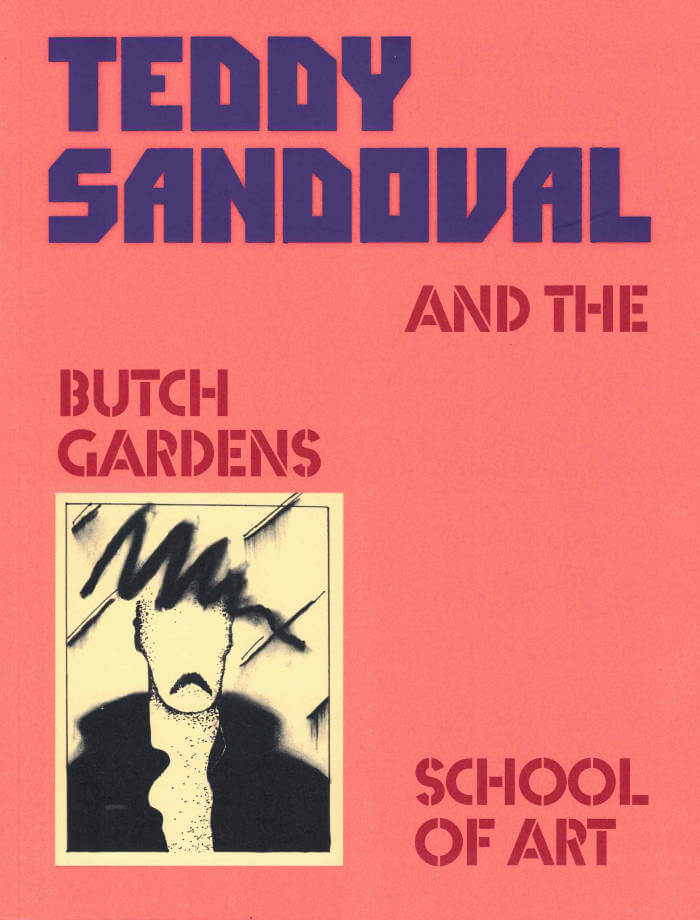Peter Downsbrough (New Jersey, US, 1940) lives and works in Brussels (Belgium). Associated with major international art movements such as minimal art, conceptual art, and visual poetry, his work spans across various mediums including sculpture, wall pieces and room pieces, books, work on paper, photography, film, and video. The work, which has affinities with architecture and typography, explores the traditional use of space and language, while criticizing power structures, e.g. urbanism, that influence social interactions and shape the landscape.
A special edition issue curated, designed and published by AVARIE, Paris and Labor Neunzehn, Berlin. It accompanies KAMERA SERIES, while it is an independent and valuable object to collect.
The central idea that informs and directs the booklets’ montage is the interplay between the concepts of addition and subtraction. This is achieved by unveiling a missing image in the screening or an unreleased second from an artist's film, expanded to 24 pages. Additionally, each booklet contains a piece directly removed from the show.
The editing establishes a dialogue between film frames and performed writings derived from texts, scripts, storyboards, and notes. The KAMERA exhibition is consequently extended into a physical space—the book—allowing for its widespread dissemination, complementing and contrasting with its potential online occurrence.
KAMERA SERIES is a screening program of experimental films, video art works and printed matter taking place in a former GDR building in Berlin. Each event showcases a retrospective of selected films by an artist and a small exhibition of his/her publications or works on paper over a span of 4 days.








